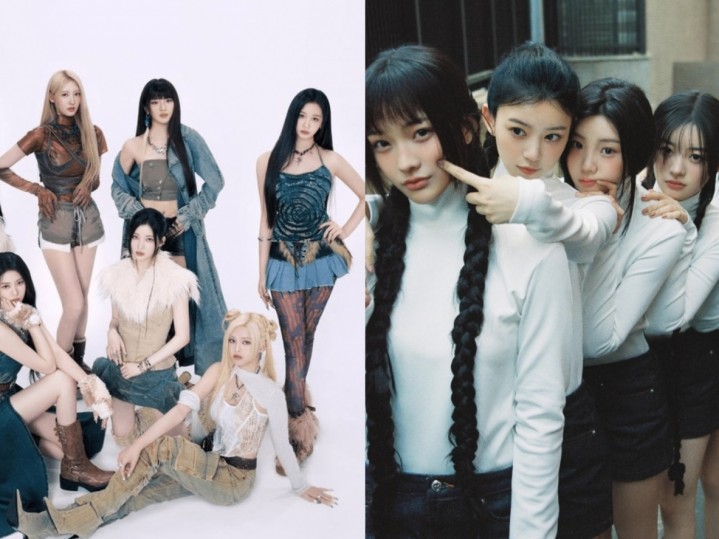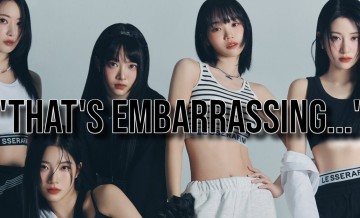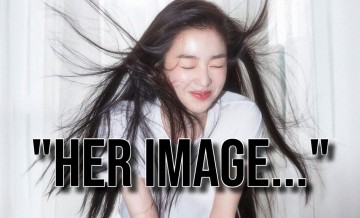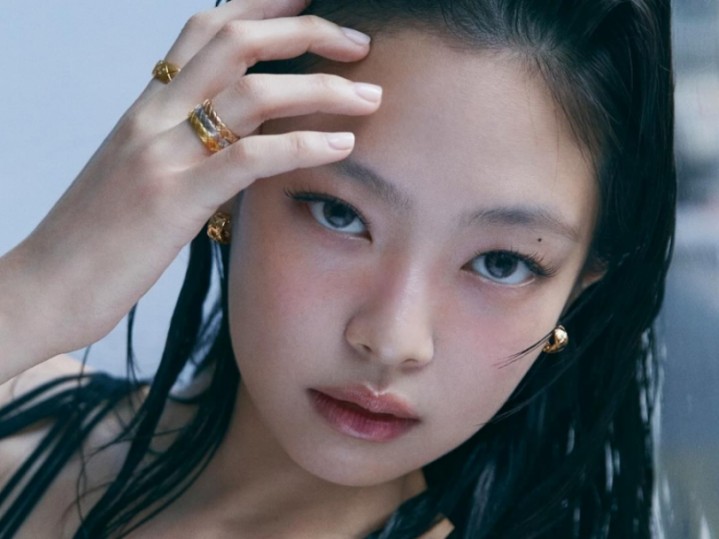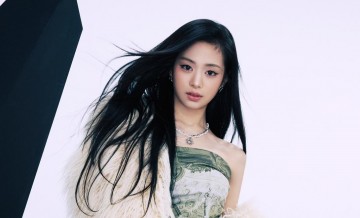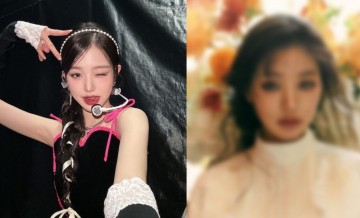K-Pop Double-Take: Kiss & Cry Singer DIA Forgoes Repitition To Tell A Tale With Her Solo Debut Single 'Paradise' [VIDEO]
K-Pop Double-Take is a periodic review column highlighting recent releases that have yet to receive the attention we feel they deserve.
In the wake of South Korean girl group Kiss & Cry's hiatus and ahead of the group's possible disbandment in January, band member DIA began working on "Paradise," her debut single as a solo artist.
Many pop songs are about repetition and delivering a few simple musical ideas in the most direct way possible. "Paradise," released on Dec. 11, approaches pop from a different angle. Instead of relying on pure repetition, the song uses musical development to let the song's story unfold for the listener.
K-pop fans looking for something different should check out this single.
The introductory passage of "Paradise" features just piano and vocals and explores darker, shifting harmonies that resolve in unexpected ways. It feels more like the opening to a Howard Shore score than a typical K-pop hit.
DIA's solo debut remains patient in its development.
The introduction continues through a full verse and pre-chorus, with a steadily evolving chord progression that supports an ever-climbing melody. It's not until almost a minute into "Paradise" that new instrumentation kicks in for the first chorus.
A four-on-the-floor kick drum and supporting bass part is introduced along with Coldplay-style backing vocals. Strings follow, weaving continuous lines behind the lead vocal and building tension.
The further into the Kiss & Cry singer's solo debut, the more intricate and developed the arrangement and parts become. Instead of pounding the listener over the head with identical choruses and hooks, "Paradise" builds over time. A series of staccato stabs enter at the top of the second verse, which creates movement and further builds tension. A brass section is introduced and strings and brass build until the final chorus peaks over a cinematic crescendo of deep horn parts and booming timpani.
The choice of instrumentation and the way the orchestration develops take "Paradise" out of the traditional realm of K-pop and into a blend of pop and classical music that mirrors a lot of orchestral film music. It suggests to the listener that there is a story to be told, and helps create an environment in which to explore a more long form structure.
DIA's lyrics mirror the song's longform structure.
The Kiss & Cry vocalist tells the story of a difficult personal journey and the lyrics leave room for ambiguity, hinging on metaphor and narrative development.
Each verse of "Paradise" delivers new information, how she feels, what the journey will be like, her fears.
DIA gives us enough to carry us along, but still leaves room for different interpretations of the underlying meaning.
While "Paradise" stays well within the norms of contemporary music and isn't afraid of using repetition as part of it's approach, it definitely introduces some new ideas into the realm of K-pop and steps outside of the scope of pop music in general.
DIA's initial exploration into a more complex sound bodes well. Let's hope she continues down the same road on future releases and that her fans are willing to follow.
Watch the music video for DIA's new single "Paradise" RIGHT HERE
Harper Willis is a Brooklyn, New York-based producer and engineer. He has a passion for recording bands in crazy places, like ski mountains, motorcycle garages and swimming pools.






